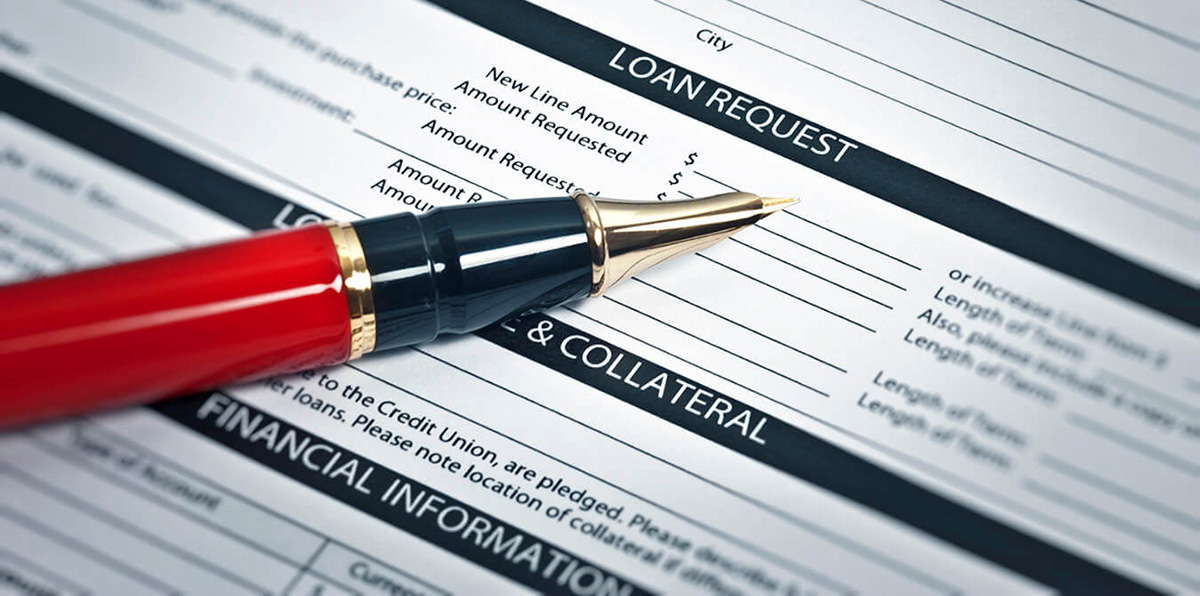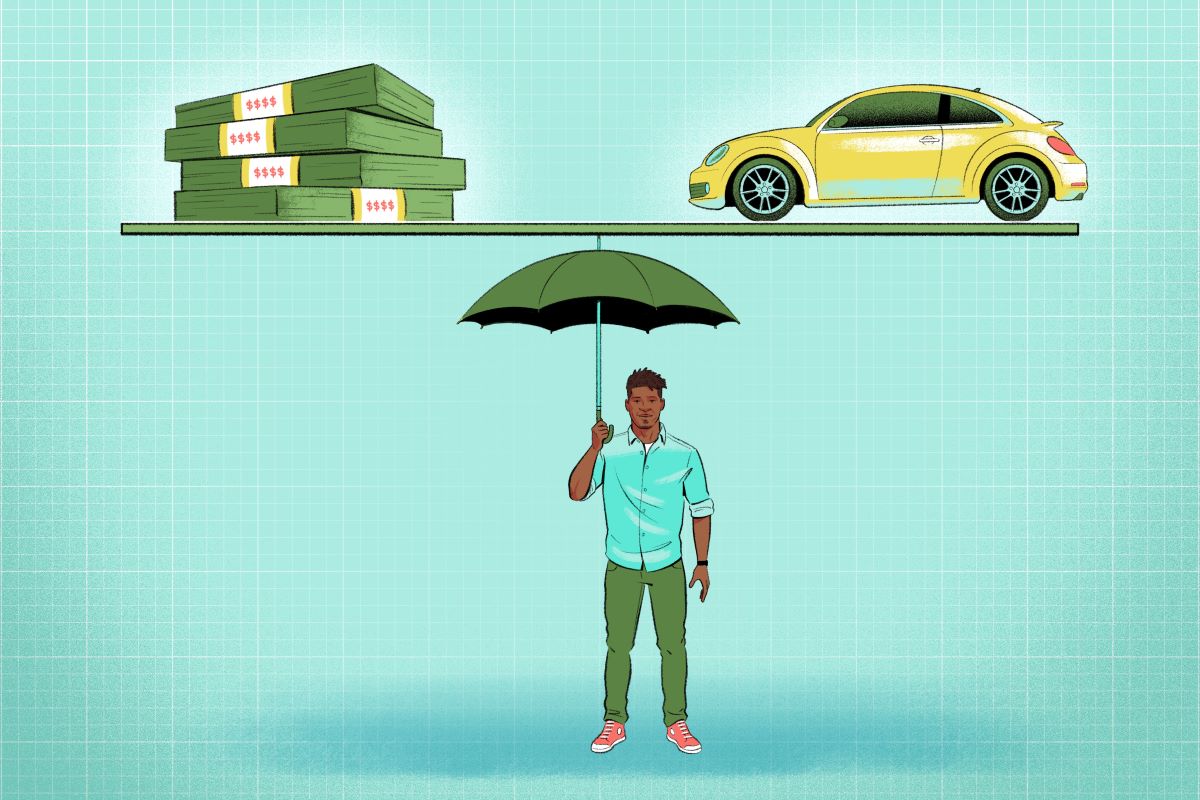

Finance
Collateral – Definition And Examples
Published: October 29, 2023
Learn the definition of collateral in finance and explore examples of how it is used in various financial transactions.
(Many of the links in this article redirect to a specific reviewed product. Your purchase of these products through affiliate links helps to generate commission for LiveWell, at no extra cost. Learn more)
Understanding Collateral in Finance
When it comes to managing our finances, it’s important to have a good understanding of key concepts that can impact our financial decisions. One such concept is collateral. But what exactly is collateral, and how does it work? In this blog post, we’ll delve into the definition of collateral and provide some examples to help you grasp this important financial concept.
Key Takeaways:
- Collateral is an asset or property that is used to secure a loan or credit.
- It acts as a form of protection for lenders, ensuring that they have a means to recover their investment if a borrower fails to repay the loan.
So, let’s start by defining collateral. In finance, collateral refers to an asset or property that a borrower pledges to a lender as security for a loan or credit. This asset serves as a guarantee that the lender can seize and sell in the event that the borrower defaults on the loan repayment. Essentially, collateral acts as a form of protection for lenders, reducing the risk of lending money.
Now that we have a basic understanding of what collateral is, let’s look at some examples to make it easier to grasp:
Example 1: Real Estate
One common example of collateral is real estate. When you take out a mortgage loan to purchase a property, the property itself serves as collateral. If you fail to make your mortgage payments, the lender has the right to foreclose on your property and sell it to recover their investment.
Example 2: Car Loan
Another example is a car loan. In this case, the car you purchase with the loan acts as collateral. If you default on your loan, the lender can repossess the car and sell it to cover the outstanding balance.
Collateral can take many different forms depending on the type of loan or credit involved. It could be anything from stocks and bonds to valuable possessions like jewelry or artwork. The value of the collateral also plays a role in determining the amount of credit that can be obtained.
Now that you understand the definition of collateral and have seen some examples, you can see how important it is in the world of finance. When applying for a loan or credit, lenders will often require collateral to mitigate their risk. As a borrower, it’s crucial to carefully consider the collateral you are providing and understand the consequences of defaulting on your loan.
In conclusion, collateral serves as a safety net for lenders and provides them with a means to recover their investment in case of non-payment. It’s an essential concept in the world of finance and plays a significant role in loan agreements. By understanding what collateral is and its importance, you can make more informed decisions when managing your finances.














